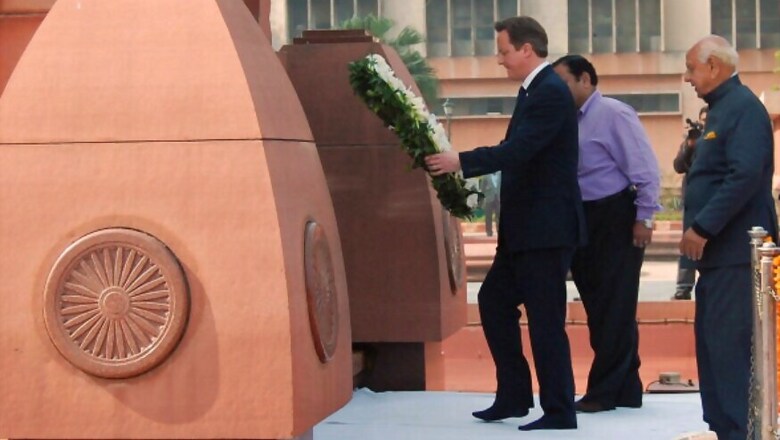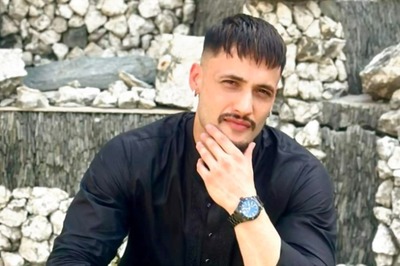
views
New Delhi: On this day, 98 years ago, hundreds of men and women had gathered in Amritsar’s Jallianwala Bagh to protest the suspension of civil rights under the Rowlatt Act when they were fired upon by British troops commanded by Colonel Reginald Dyer. Farmers, children and merchants who had gathered at the spot to take part in a Baisakhi fair were also caught in the crossfire.
According to an independent fact-finding team, led by Mahatma Gandhi himself, the total number of dead crossed 1,000. The Amritsar massacre shook the conscience of the nation and it’s regarded as one of the most crucial turning points of the Indian freedom movement. It wasn’t until decades later, in 1997, that Britain even acknowledged the massacre.
Addressing a state banquet in Delhi, a day before her visit to Amritsar, she had said, “It is no secret that there have been some difficult episodes in our past —Jallianwala Bagh, which I shall visit tomorrow, is a distressing example. But history cannot be rewritten, however much we might sometimes wish otherwise. It has its moments of sadness, as well as gladness. We must learn from the sadness and build on the gladness.”
When she finally visited the memorial, she took off her shoes before entering the memorial. Clad in a saffron dress, she laid a wreath of flowers at the memorial and observed 30 seconds of silence. According to a New York Times report from the time, British officials agonised for months over the right words.
It was then-Prime Minister Inder Kumar Gujaral who came to her defence and said that she could not be expected to apologise for something that happened “before she was even born”.


















Comments
0 comment